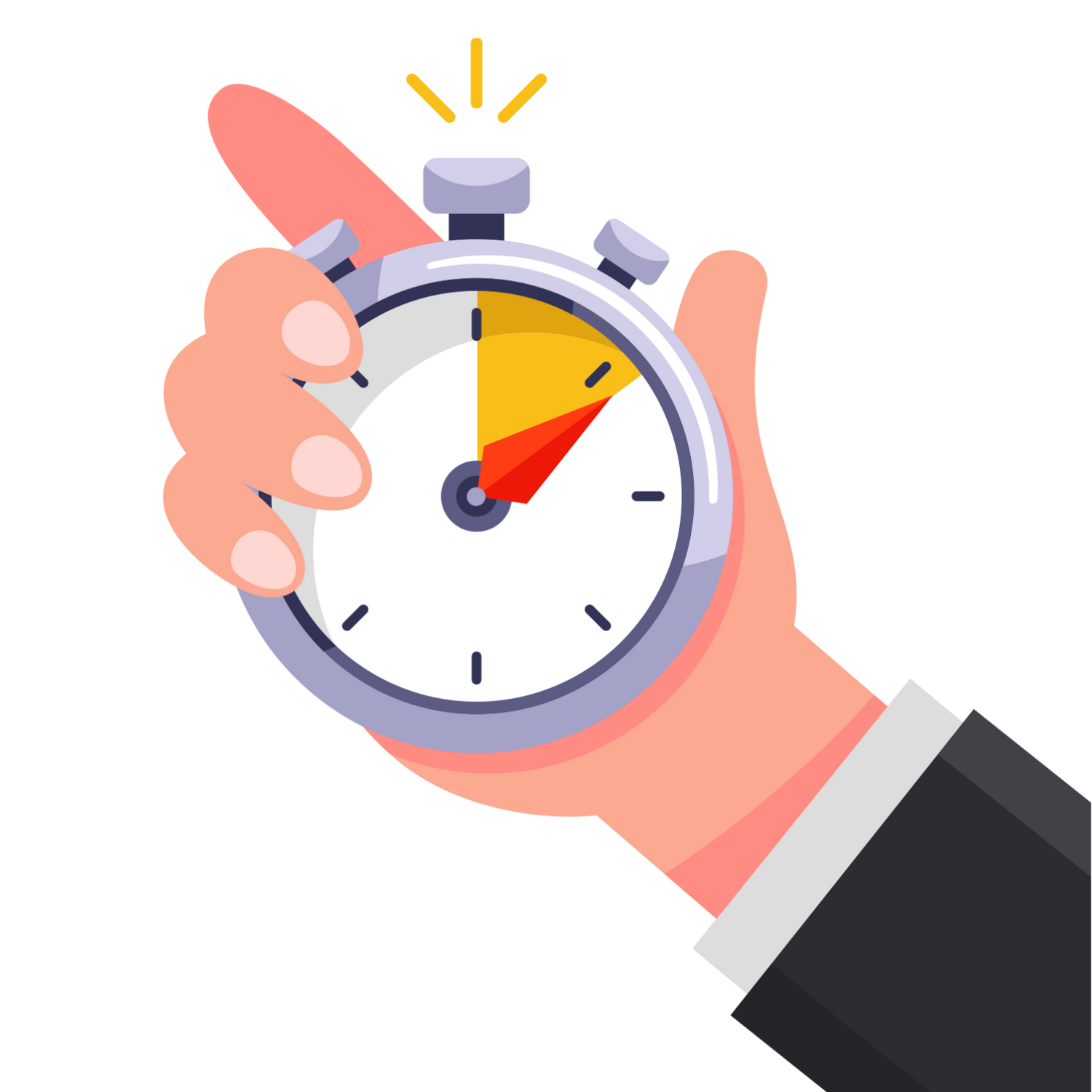
How do you learn a language in 3 minutes?
Now, obviously, you can't learn a language in just three minutes, but you can learn it in three-minute chunks.
How the idea began...
When I started to write the 3 Minute Languages courses, I had already been teaching foreign languages for a few years. When I did my initial teacher training, I learnt lots of ways to teach, but when I implemented them in the classroom, they didn't seem to work.
I used lots of different methods to try and engage the students: songs, role plays, old-fashioned rote learning, but no matter how much fun they had, they didn't seem to be learning the language. And, no matter what their age, eventually, their motivation for learning began to dwindle.
It wasn't a nice feeling for me to get to the end of a school term, and have none of my students remember any French; I felt like I had failed as a teacher. So, I decided to create my own way of learning a language.

Success from lesson one
There is nothing more motivating than learning a new skill, and getting a feeling of success early on. So, I started off with that in mind. I wanted the learner to learn something new as quickly as possible, and it had to be something that they could use to form their own sentences, not simply memorising a few set phrases.
You'll see that even in the very first lesson, you will be able to form your own sentences in French, Spanish, German, Italian or Portuguese. You get to speak the foreign language after just a couple of minutes, and you’re understanding how to structure the language yourself.
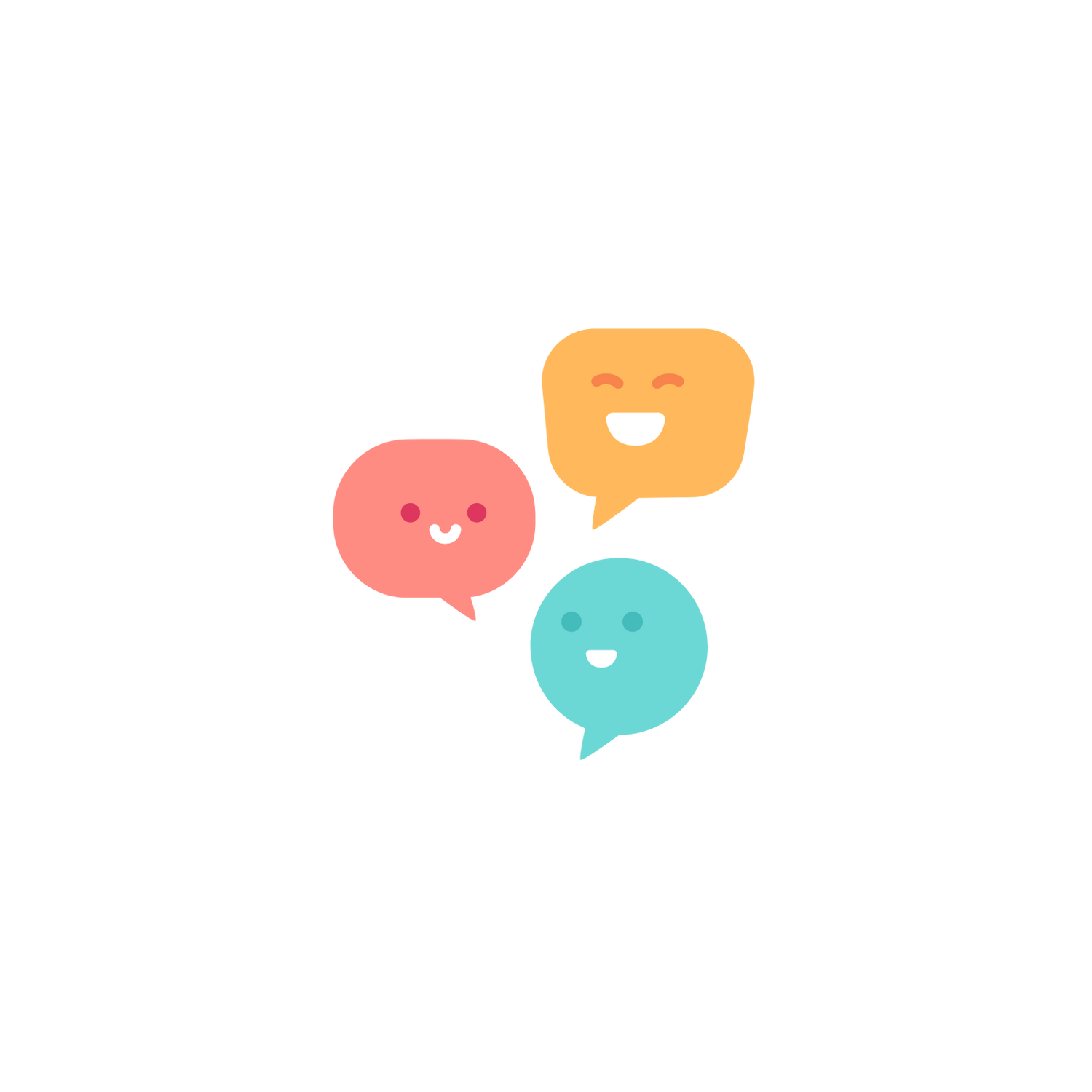
The useful things first
Another thing I had in mind was that when I learnt how to teach foreign languages using a more traditional approach, we were told to start off teaching things that weren’t actually that useful. I remember doing lessons about the alphabet and counting in French, and the vocabulary topics were things like introducing your family or talking about your job.
Now, whilst these things might be useful for a more advanced learner, the complete beginner isn’t going to go on holiday to Spain and sing the alphabet, count to ten or tell a stranger, “I have a sister and a brother, and I work as a policeman”. So, I sat down and really thought about what would be the most useful thing to learn, and I put all of that at the start of the course.

Bite-sized chunks
Another issue I had in mind was the general motivational curve of most learners when they set out to learn a language. Usually, people start off very excited, and eager to learn as much as they can. They’ll sit down on the first day and spend an hour happily working through lessons, and maybe the second day, they might even have the same level of motivation. But, it’s hard to keep up such an intense level of motivation for more than a couple of days.
What tends happen is that on day three, they can’t be bothered to learn anything, so they’ll skip a day. Or, perhaps they’ll manage twenty minutes. Then, maybe they’ll force themselves to do ten minutes the next day. But it isn’t long before days and weeks go by, and you’ve completely forgotten about learning a language.
So, I cut down all of my lessons to short, three-minute chunks, and I encourage you to limit yourself to just one chunk per day, at first. Even if you get to the end of one lesson, and you want to carry on and learn more, DON’T! Force yourself to stop and wait until tomorrow. By doing this, you’re maintaining your enthusiasm, and learning a language won’t become a chore. In fact, by learning this way, you’ll eventually turn your daily three-minute lesson into a habit that you’ll do without much effort at all.
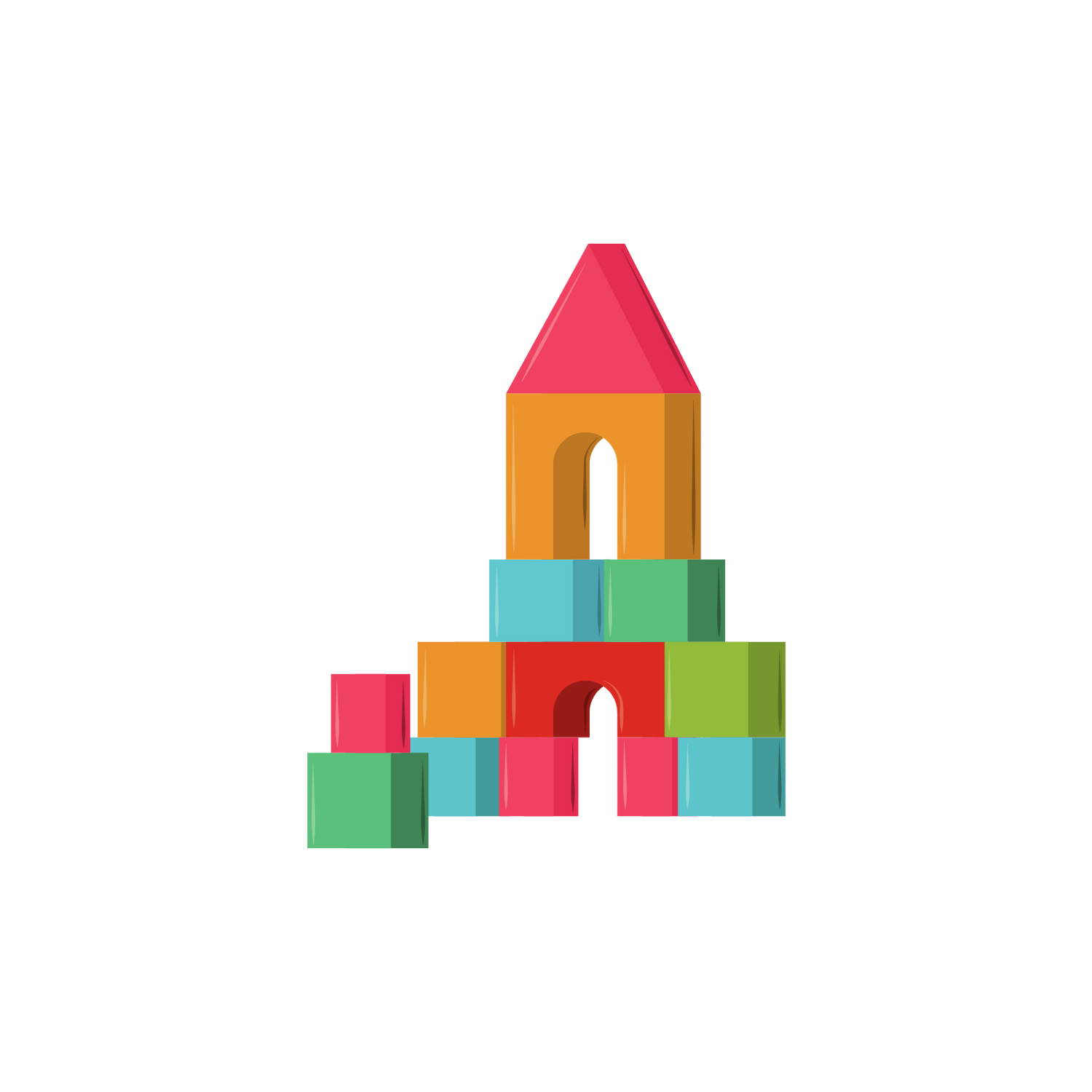
Build the language naturally
In the 3 Minute Languages lessons, I have broken the language down into its smallest components, and then I teach you how to build it back together again. This allows you to form your own sentences, and say things you really want to say rather than having to memorise lots of set phrases.
Also, nothing is wasted. What I mean is that the chunks of language that you learn in lesson one will be incorporated throughout the whole course. You spend the first few lessons acquiring a large base vocabulary that you will then learn to manipulate in ways that enable you to speak the language fluently and naturally.
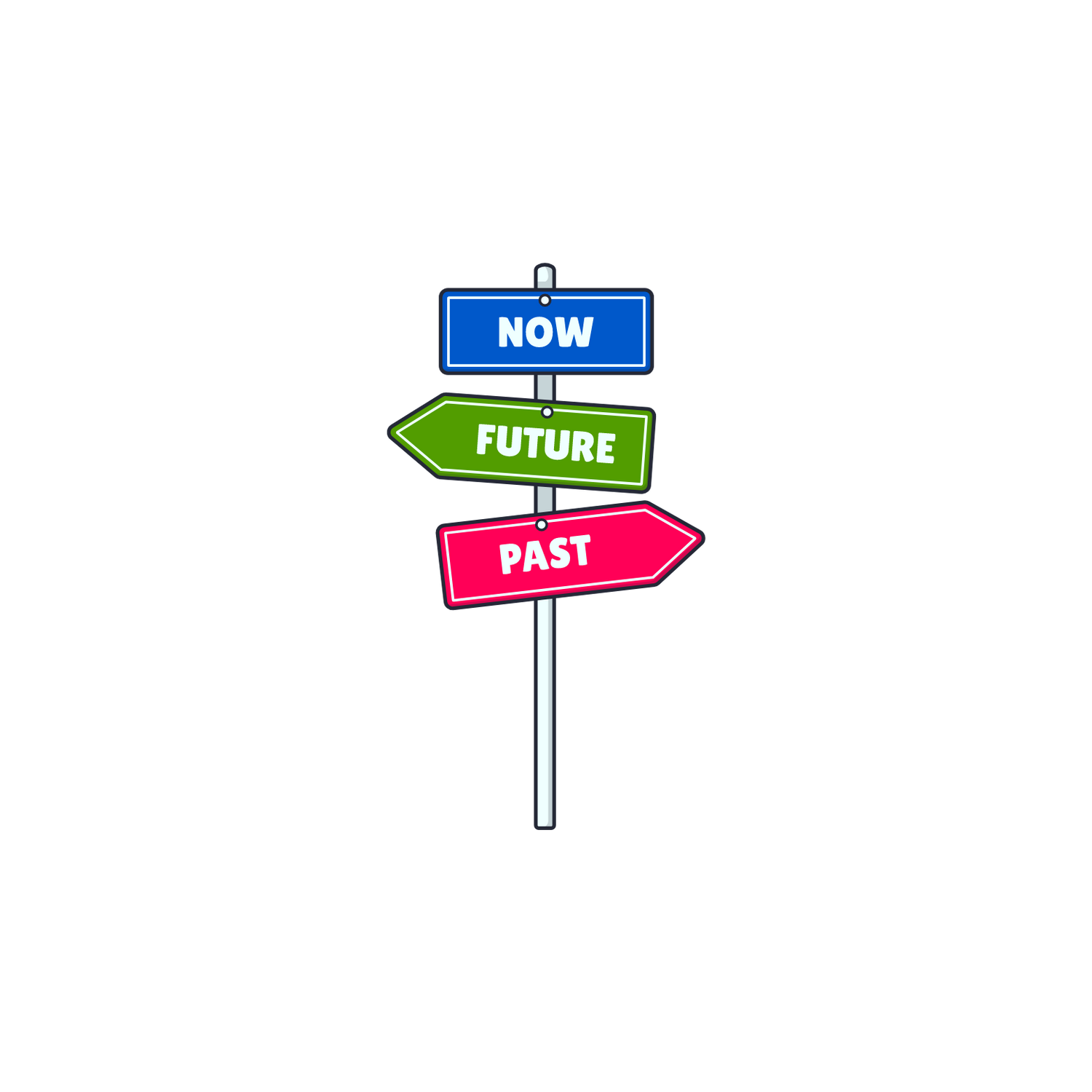
Grammar
If you’ve learnt a language before, you might be familiar with an often-dreaded word: grammar. Unfortunately, grammar is usually seen through negative eyes, but with 3 Minute Languages, you’ll soon see that it’s the most exciting part of learning a language.
Throughout the 3 Minute Languages courses, trickier parts of the language, such as grammar and pronunciation rules, are introduced gradually, and in a natural way. You’ll quickly see how grammar rules open up your linguistic abilities enormously, and give you the tools to express yourself much more easily.
In the 3 Minute Languages courses, you’ll learn grammar in a fun and simple-to-understand way. It won’t be something you dread.

Give it a go
So that’s the method behind the courses, but the best way to truly understand how 3 Minute Languages works is simply to experience it first-hand. Click one of the links below to start learning a language for free.
